Crop Trust is helping to save valuable seeds from all over the world in Svalbard, Norway. The seeds are stored in an underground chamber at a temperature of minus 18 degrees. This is a vital project for feeding humanity in times of advancing climate change..
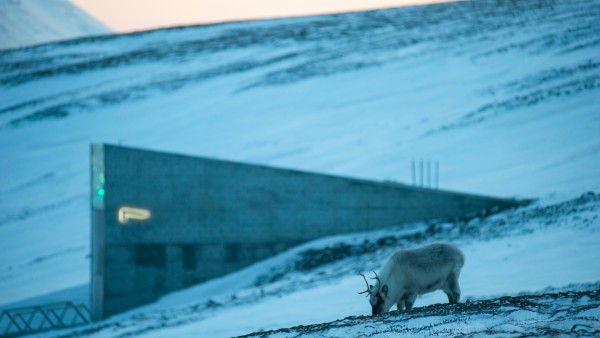
Behind the reindeer, which scans the frozen ground for grass, moss and lichens, the futuristic construction of the crop genetic bank juts out of the hilly arctic landscape.
The structure looks like it could be in a science fiction movie, the type of place rebels would seek out to find refuge from the dark side. The portal to a dark vault sticks out of the icy mountainside like a wedge. Thick concrete walls and a steel door safeguard the promise of a fertile future from an inhospitable environment. Humanity is preserving an often overlooked treasure here in Svalbard, as the Nordic archipelago Spitsbergen is known in Norway's native language. It is stored deep underground and potentially holds enormous value for our collective survival.
When an international delegation travelled to the Global Seed Vault in February 2020, the scenery alone made an impression and ensured media interest. Experts from all over the world travelled to Svalbard to celebrate the storage of a further 60,000 seed samples. Since 2008, seeds from gene banks around the world have been stored in Svalbard to preserve copies of their seed diversity. With Ghana (October 2023), over 100 gene banks from 74 countries have now deposited duplicates of their seed collections in the vault. This diversity is necessary to adapt agricultural and food systems to a rapidly changing climate and other environmental challenges.
The seeds of over 1.2 million crop varieties are now stored at minus 18 degrees in an underground chamber at the end of a 130 metre long tunnel. On the one hand, the seed vault safeguards the diversity of our crops; on the other, it has a high symbolic value for a difficult global endeavour. "It's just the tip of the iceberg," says Dr Stefan Schmitz, Executive Director of the Bonn-based Global Crop Diversity Trust, or Crop Trust for short.
In the middle of the Arctic ice in Norway lies the Svalbard Global Seed Vault.
BMZ and KfW promote the Crop Trust fund
The iceberg imagery is fitting in many ways, not merely as a climate reference. The vault in Norway is very important indeed, but Crop Trust's work extends to many areas of the world, unnoticed by the public at large. “This work is about creating a global system to maintain germinability of our seed varieties and to keep them safe for future planting and cultivation,” explains Stefan Schmitz. His Crop Trust organisation was created in 2004 from the realisation that it would not be possible to finance the preservation of crop diversity using only national solutions or arrangements between two countries. “Strictly speaking, we concern ourselves with a globally public commodity,” reasons the qualified geographer, “and this is why we are also working on global exchange and protection of the genetic material”.
Even while there are many reports of a crisis in global international cooperation, Crop Trust and its partners in countries on all continents are creating an increasingly close-knit network to ensure the ability to feed humanity in future. Crop Trust, a multilateral trust fund, organises international support for this purpose. In Germany, the Federal Ministry for Economic Cooperation and Development (BMZ) and KfW have provided 100 million euros for Crop Trust thus far, over half in the form of grants from federal budget funds and 50 million as a promotional loan from KfW.
The Svalbard Global Seed Vault
Virtual Tour
Learn moreTalking to Michael Wehinger from KfW, the conversation quickly shifts from money to emotions. The responsible Managing Director at Crop Trust was also present in February when the new seed samples were put into storage in Svalbard. “It is really impressive and automatically directs people's thoughts to what climate change will mean for all of us.” German supermarket shelves might still paint a different picture because consumers are presented with an abundance of fresh produce from fields and plantations from all over the world. “But no matter which crop we examine, when we take a closer look, we only see a few varieties,” reasons Wehinger. “That needs to worry us.”
Climate change and the advance of pesticide-resistant pests and plant diseases have made it impossible for monocultures with the same seeds to work in many parts of the world. In these places, experts are counting on biodiversity and newly cultured, locally suitable varieties. The work of the seed preservationists plays a valuable role in achieving this. Simply creating a hybrid from two varieties is not sufficient to create resilient plants. On the contrary, researchers need to rely on entire arsenals of genes.
The seed bank acts as a “backup copy” for global partners
Crop Trust's work supports institutes that are concerned with maintaining crop biodiversity, either regionally or in the individual countries. The organisation facilitates information exchange, sharing of knowledge and maintenance of gene banks in the southern hemisphere. Crop Trust had around 300 million dollars of capital at the turn of the year. According to Stefan Schmitz a good cushion, particularly for affecting change in poorer countries and for withstanding acute economic crises like the one caused by the corona pandemic. “We cannot allow this work to be interrupted.”

At a constant minus 18 degrees Celsius, some of the door handles in the vault also freeze over.
This also applies to cooling the facilities in national seed banks in Southeast Asia and the concrete tunnel in Svalbard. That is where the “backup copy” has been stored for the other global partners in recent years, explains Schmitz. The site is maintained and monitored by the Norwegian authorities and provides security unlike any other refuge on Earth. It is seismologically stable, naturally cooled, difficult to reach and technically secure. It provides a reassuring option for partners all over the world. However, adjustments to the building itself already had to be made to compensate for the impacts of climate change. As a result of warm summers, the permafrost soil was no longer completely frozen as expected in the years since the structure was originally built, and water permeated the entrance tunnel. “The seeds themselves were never in danger, but the situation had to be remedied,” says Schmitz. The tunnel is now watertight, the cooling system has been moved to a separate building – these adjustments are expected to hold for at least several decades. The Norwegian vault has already come to the rescue once. As a result of the civil war in Syria, the International Center for Agricultural Research in the Dry Areas (ICARDA) lost access to its seed bank in Aleppo. Using seeds from the vault in Svalbard, they were able to newly deposit varieties in Morocco and Lebanon from 2015 to 2019.
Thanks to new German financing through KfW, Crop Trust can now expand its work into another important dimension. To date, the team has primarily cooperated with international agricultural research institutes with regard to long-term support. Now it is also able to cooperate longer term with individual national seed banks in developing countries. The Seeds for Resilience project is intended to bridge the gaps there. The project is not just concerned with internationally uniform quality standards for seed propagation and storage. “We want to help to make national seed banks crisis-resistant and ensure their operation over the long term,” explains KfW expert Wehinger. The funds come from the Federal Ministry for Economic Cooperation and Development’s (BMZ) special initiative "Transformation of agricultural and food systems". International cooperation is of paramount importance to achieving the goal of a well-fed world despite climate change: for disseminating information, maintaining local seed bank infrastructure – and for safeguarding hundreds of thousands of varieties in an icy archipelago in the Arctic Ocean.
Published on KfW Stories: 19 May 2020, updated 8 December 2023.
The described project contributes to the following United Nationsʼ Sustainable Development Goals
Goal 2: Zero hunger
Today, 795 million people still go hungry, and two billion people are malnourished. Hunger is not only the most significant health risk, it is also one of the greatest barriers to development. It contributes to flight and displacement and fosters hopelessness and violence. Today, the world produces enough food to ensure sufficient nutrition for everyone. However, due to insufficient infrastructure, trade barriers and armed conflicts, not all people have equal access to food.

All United Nations member states adopted the 2030 Agenda in 2015. At its heart is a list of 17 goals for sustainable development, known as the Sustainable Development Goals (SDGs). Our world should become a place where people are able to live in peace with each other in ways that are ecologically compatible, socially just, and economically effective.

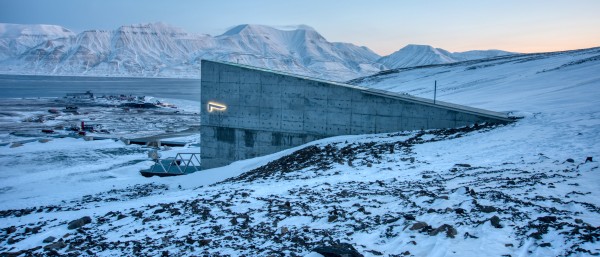
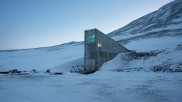
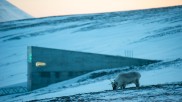
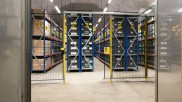


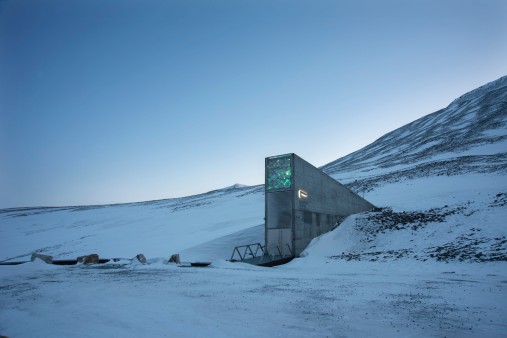
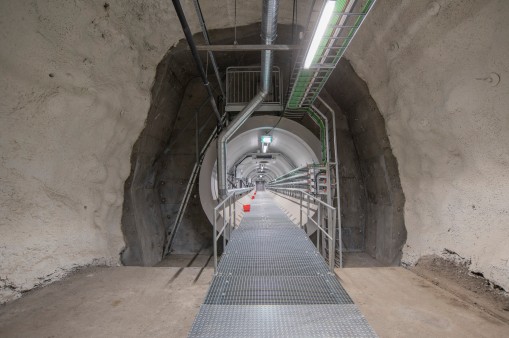
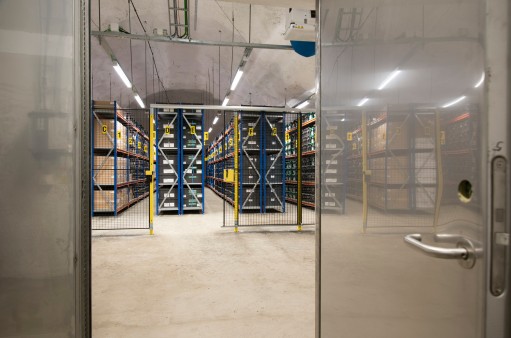
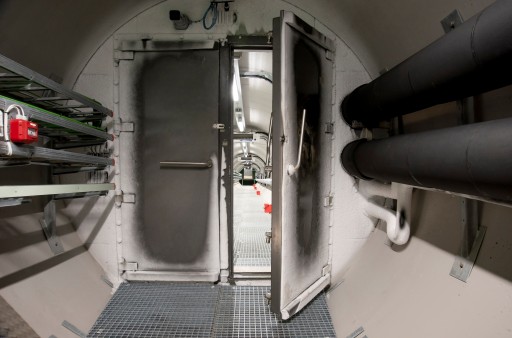
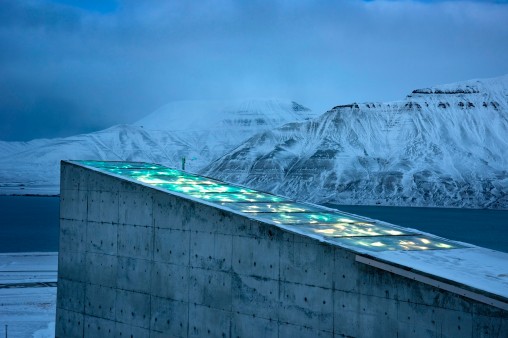
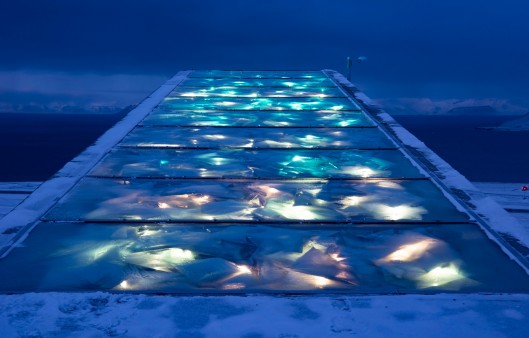







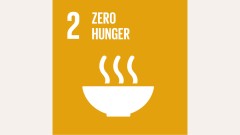
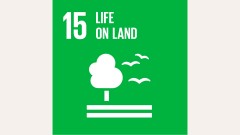

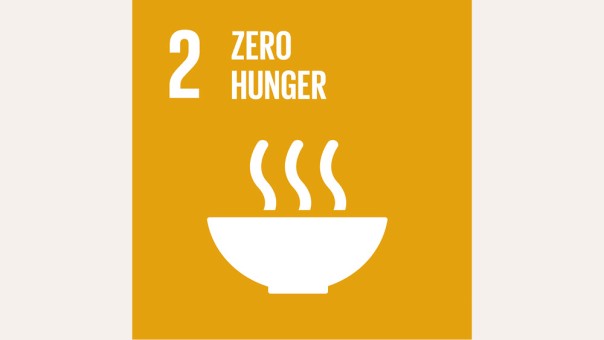
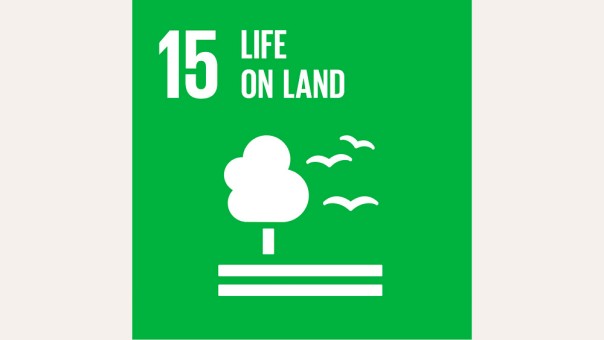

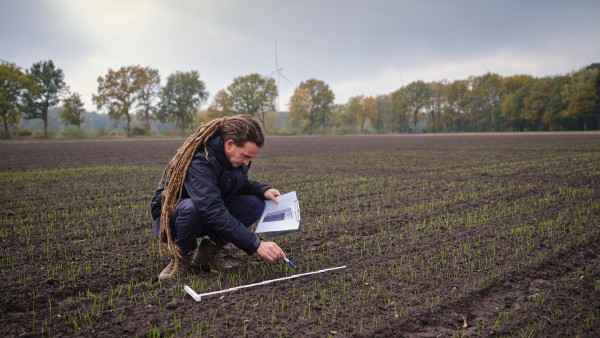
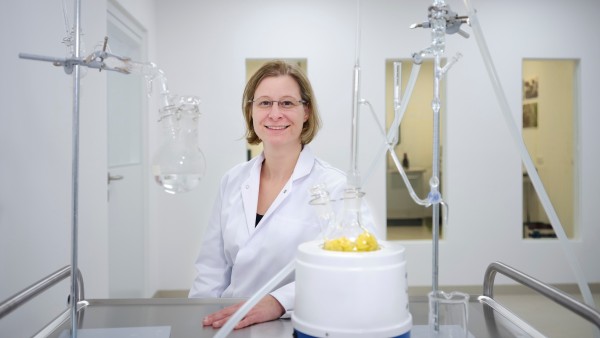
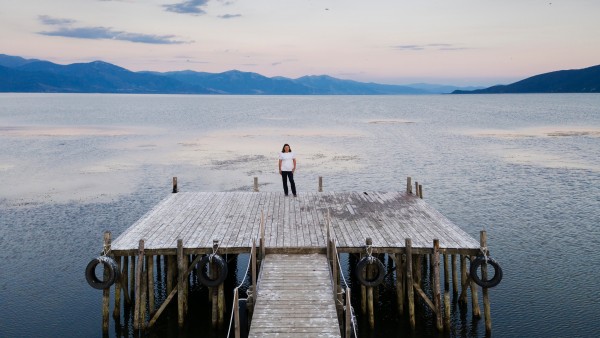
Data protection principles
If you click on one of the following icons, your data will be sent to the corresponding social network.
Privacy information